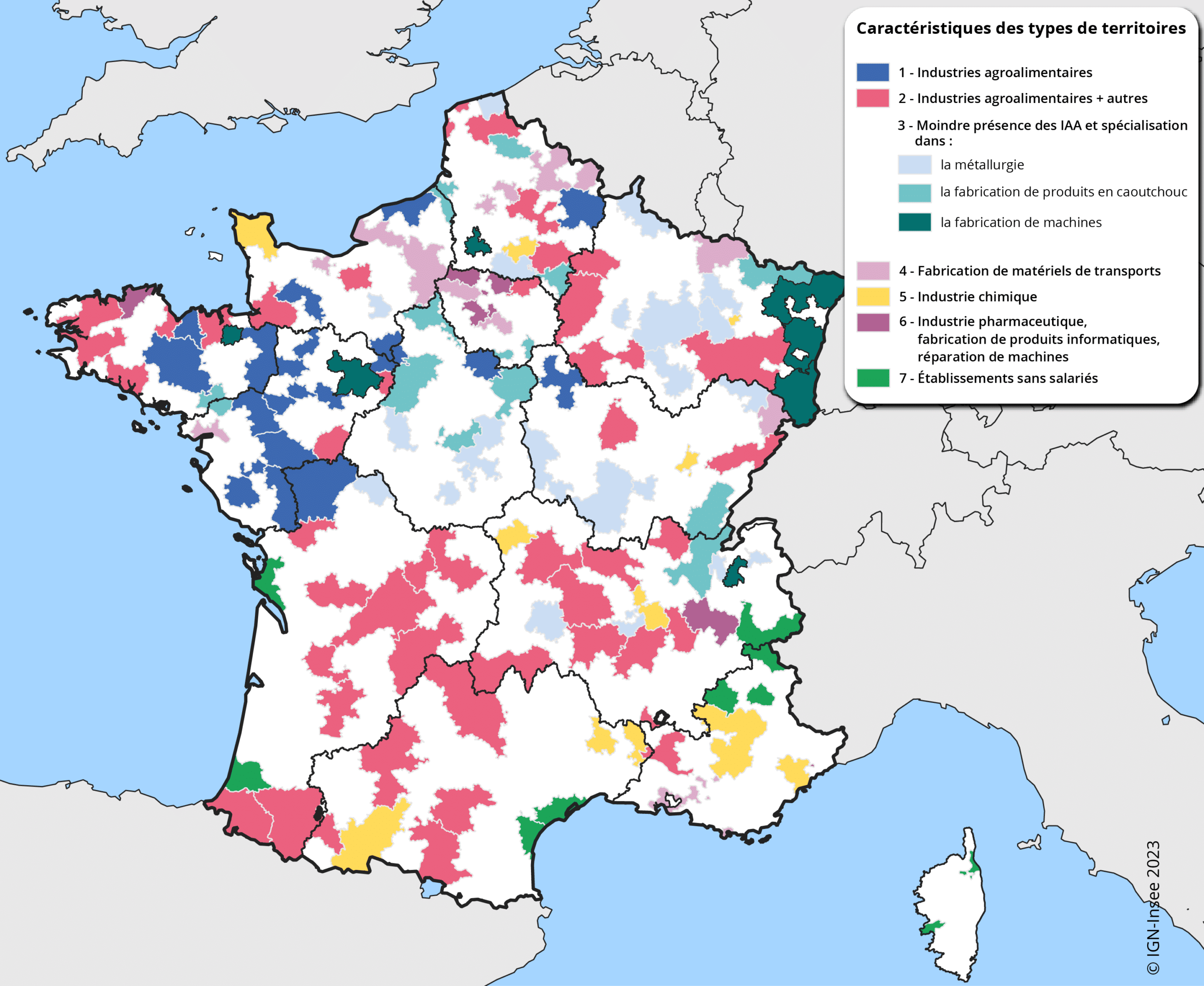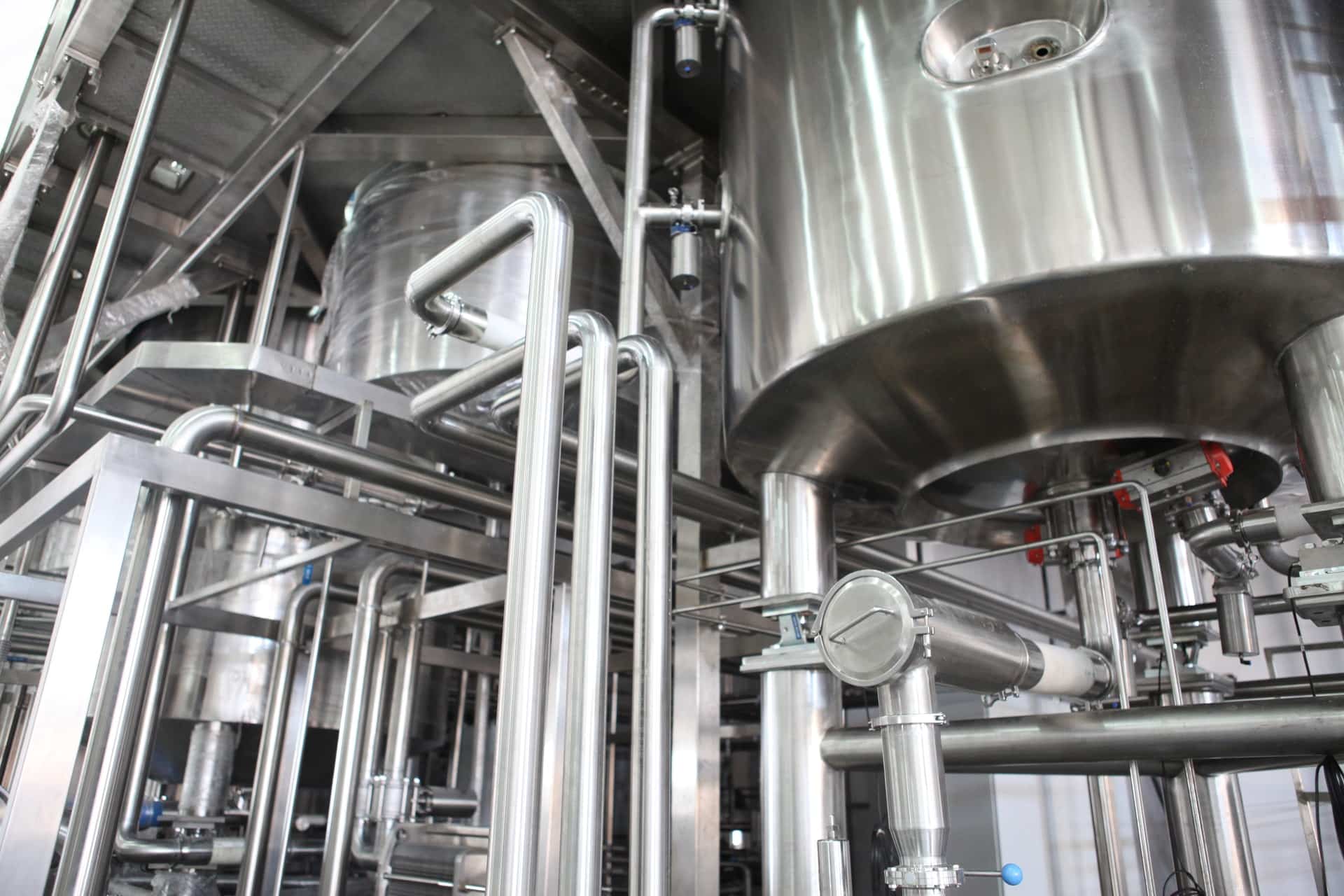2024 is proving to be a particularly challenging year for the chemical sector in France. There have been numerous upheavals, exemplified by notable closures such as that of the vapocraqueur de Notre Dame-de-Gravenchon, as well as massive job cuts at Vencorex, WeylChem, Syensqo, and Solvay. Faced with intensified international competition, particularly from Asia, and strict regulations, companies are struggling to maintain their competitiveness. The French chemical industry thus fears a loss of 15,000 jobs in the coming years. However, some innovative start-ups are still managing to attract investments, perhaps symbolizing a glimmer of hope in this tumultuous horizon.
The year 2024 has been marked by a series of devastating events for the chemical sector in France. The closure of the vapocraqueur de Notre Dame-de-Gravenchon, owned by ExxonMobil, has led to the loss of hundreds of jobs, while the judicial reorganization of Vencorex France threatens to destroy crucial expertise in the country. In Oise, WeylChem has suffered from the loss of a contract with Syngenta, leading to the closure of one of its workshops and job cuts. Similar announcements have been made by Syensqo and Solvay, each facing major economic difficulties. In the face of these challenges, France Chimie has sounded the alarm, estimating that up to 15,000 jobs could be at risk in the coming years. Meanwhile, the biotech sector has not escaped difficulties, with several industrial projects failing to materialize. However, some innovative gems such as Abolis or Carbios offer a glimpse of hope, despite an uncertain future.

Table des matières
Togglea year marked by closures and layoffs
Unfortunately, 2024 has been marked by a succession of closures in the chemical sector in France. The decision by ExxonMobil to close the vapocraqueur in Notre Dame-de-Gravenchon, for example, has not only resulted in the loss of 677 jobs but has also highlighted the economic challenges facing the French chemical industry. With rising energy costs and complex legislation, companies are struggling to maintain their operations. With only five vapocraqueurs remaining in the country, these difficulties are reminiscent of those endured by Italy, which had to definitively part ways with its last two vapocraqueurs. Vencorex France, for its part, has entered judicial reorganization, threatening to erase crucial expertise.
social impact and job losses
The social impact of these events is considerable, with job cuts affecting not only employees but also the entire supply chain. The WeylChem site in Oise has temporarily lost its production contract with Syngenta, leading to the cessation of one of its workshops. Meanwhile, Syensqo and Solvay have also contributed to this gloomy atmosphere with staff reductions. Overall, the sector is facing losses of unprecedented magnitude, threatening up to 15,000 jobs out of the 200,000 in the industry. Indeed, the lack of dynamism in the chemical sector, coupled with market condition challenges, plunges the employees of this sector into constant uncertainty.
towards an uncertain future
As the sector struggles to stabilize, some innovations continue to emerge, particularly in the field of biotech. Companies like Abolis and Carbios have achieved significant fundraising, offering a glimmer of hope for renewing a sector in great difficulty. However, the question remains: will these young startups be able to offset the massive losses suffered by traditional chemical giants? The transition to more sustainable molecules is not without complications, as many startups have already failed to industrialize their processes. In such a fragile context, the survival of the chemical industry in France remains, despite everything, uncertain, raising questions about the strategies to adopt to regain a positive trajectory.>





